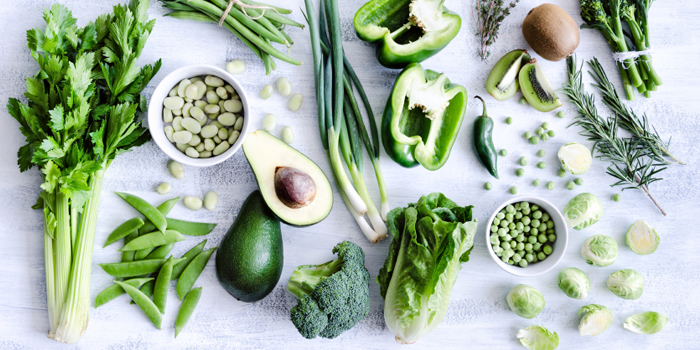
Carbs in Building Muscle
As we’ve already gone over the importance of carbs and their direct effect on your strength, endurance, motivation and so forth when trying to lose fat, their importance is just as big when trying to go the other way around and build muscle over time.
You see, carbs are the main source of energy for the body. Intense exercise sessions such as doing HIIT cardio or lifting weights is going to be pretty taxing on your glycogen stores, so in order for you to be able to maintain your strength, endurance (and improve them over time) while also having the motivation to push through intense workouts day in and day out, you need to replenish your glycogen stores and provide your brain with the glucose it needs through the aid of carbs.
While physically inactive people don’t need as many carbs (simply because the lack of physical activity), if you’re a person who regularly lifts weights and/or performs other intense physical activities such as playing sports or running sprints, you can afford to eat much more carbs than the average person. Because of your activity level, your body uses that energy wisely to help you recover and replenish your energy sources.
Think of your body as a car: If it sits in the garage and you don’t drive it anywhere, you surely don’t need to fill up it’s tank all the time — it doesn’t need the extra fuel. The same goes for your body. If you don’t regularly engage in intense physical activities, your body doesn’t need that much energy.
On the other hand, if you regularly drive your car around, it’s going to need more gas to run. And if you don’t refill it regularly, it’s going to run out and leave you stranded on the side of the road. The same goes for your body. The more physical activity you put it under, the more carbohydrates it’s going to need to be functional. The empty car tank’s equivalent for the human body is overtraining (fatigue, depression, sluggishness, lower basal metabolic rate, etc.).
Furthermore, many studies suggest that low carb diets can have many negative effects on the body, some of which are reduced testosterone levels and increased cortisol levels which, on top of low energy and bad performance, is going to directly affect your body’s ability to synthesize muscle.
So give your body the energy it needs and you’ll set yourself up for optimal performance, good mood, improved strength, endurance, power, explosiveness over time, and you’ll be able to build much more muscle than you would if you were to stick with a low-carb diet.
The Importance of Eating Carbs From Quality Foods (And Seven Great Sources)
In the previous article, we went through the various types of carbs ranging from the complex to the simple ones and their effect on insulin release, blood sugar and satiety.
Highly processed foods rarely have a GI below 70 (which is the border between high and moderate GI levels) while most of the natural, un-processed foods have a much lower glycemic index and take more time to be broken down into energy for the body, thus helping you feel full longer as well as not forcing your body to pump out large amounts of insulin all the time.
While the statement "a carb is a carb" does hold some truth, it is still very important to take in most of your carbs throughout the day from whole foods and limit the processed ones to no more than 10-20% of your total carb intake.
Can you eat whichever carb sources you choose and still make good progress in the gym over time? Sure. But aside from all of the clear benefits of eating carbs in the low-to-moderate GI, limiting your intake of the processed ones is also going to help you in two major ways:
1. Feeling full and having a much easier time making it from meal to meal without having to snack on something.
This is a very important benefit, especially when you’re trying to lose some body fat and are under a caloric deficit. Granted, when you’re dieting, you will feel hungry occasionally, but eating carbs from quality sources alongside enough protein and moderate fat, you’re going to keep your sanity while going through a cutting phase.
And on the other side, if you don’t generally track your calorie intake, eating processed carbs is bad for you because you are much more likely to overeat on foods such as biscuits, chips, cake, etc. and a big reason for that is the ghrelin hormone. This hormone is proven to increase food intake and the best way to avoid it’s effect is to get your macronutrients from whole foods that actually fill you up.
You don’t eat a 6-ounce steak with a side of rice and some greens and think, "hmm.. I should eat another serving." But you rarely eat one cookie and think, "hmm.. that’s enough. I definitely don’t want another cookie."
2. Saving your health by avoiding all of the artificial crap all processed foods are filled with.
It’s no secret that processed foods are filled with all kinds of crap ingredients that not only serve as hunger stimulants but also have a negative impact on your health.
The saying, "If the nutrition label looks more like a chemistry lesson rather than a list of ingredients of something you can eat, it’s probably a good idea to toss it aside" is 100% accurate.
Instead of these foods, here are six quality carb sources that I strongly encourage everyone to include into their diet:
1. Fruits such as apples, bananas, berries, avocados, coconuts, grapefruits, oranges, grapes, kiwi, mango, peaches, pineapples, etc.
2. Vegetables such tomatoes, cucumbers, leafy greens, broccoli, sweet potatoes, etc.
3. Whole-grain and whole-wheat products such as pastas and breads.
4. Grains such as oats, quinoa, rice, bulgur, etc.
5. Beans: black, green, white, brown, kidney, lima beans.
6. Nuts and seeds such as peanuts, almonds, hazelnuts, cashew, flaxseeds, peas, chia seeds, etc.
Carb Timing
Much like with any other aspect of fitness, with meal frequency and timing, there is no difference. Should I eat most of my carbs before my workout or after? Will I lose my muscle if I skip my post-workout meal? And my personal favorite: can I build muscle if I train fasted in the morning? There is a TON of misleading information out there and most of it is just noise.
Well, I’m here to shed some light on these commonly asked questions and come down to definitive and science-backed answers to help you cut through the bro science and actually make informed decisions when it comes to your nutrition. Let’s begin with the pre and post-workout carb debate:
Pre and Post Workout Carbs
1. Will eating carbs pre-workout benefit me in any way?
First off, yes, eating enough carbs every day is the most important ingredient. But timing your carbs and strategically eating some of them 30-60 minutes before you workout can have a very positive effect on your energy levels by providing your body with additional fuel to push through your workout. Those additional pre-workout carbs won’t directly stimulate more muscle growth, but they will help you have a much better and more efficient workout, lift heavier weights for more reps which, over time, will directly help you build more muscle.
2. How about post-workout?
Let’s say you’ve just left the gym, had a good workout, feeling great, not really hungry and ready to take on the rest of your day (or night). Take a look at what’s happening into your body at that very moment:
Your body undergoes a process called proteolysis which is breaking down of proteins into smaller polypeptides or amino acids. Don’t freak out, this is normal. You don’t need to chase an ‘anabolic window’ or some other popular thing that is being promoted right now. As long as you get a balanced meal within a reasonable number of hours (and by that I mean try to eat within 2-4 hours) after you train, you are going to be okay. Remember, the job of a post-workout meal is to minimize the protein breakdown and stimulate protein synthesis.
And this is where carbs come in: a 45-minute workout can boost your metabolism for 14 hours (weight lifting has been shown to do so for up to 36 hours) which makes your body absorb nutrients much better and eating carbs ‘spikes’ your insulin levels which helps prevent protein breakdown (insulin hasn’t been shown to stimulate protein synthesis directly).
3. I train early in the morning, what should I do?
Whether your schedule forces you to train in the AM or you simply like to do it better at that time, there are a few thing you need to consider. However, I’m here to talk specifically about eating before an early workout.
I’ve had mixed feelings with early-morning fasted training. I’ve both had amazing workouts and some that were terrible.
Is it related to carbs? It could be.
I first had a real fasted weight lifting session last year. Prior to that, I had only trained after having consumed at least one good meal (my workouts were generally in the evening). I remember my first fasted workout being AMAZING. This can be part due to me overhyping myself that,“I’m gonna crush this workout” and I did. But there were some workouts where all of my lifts were basically down 10-20% and I guess this is normal. We all have our bad workouts.
Training in the morning on an empty stomach for almost a year now, I can confidently say that:
1. Yes, you can actually build strength and muscle over time even though you’re training in a fasted state.
2. You will feel better for the rest of the day, having done your heavy weight lifting first thing in the morning.
3. I’ve tried eating small, medium and big meals prior to a morning workout and I’ve found that I perform best on a very low-calorie meal (300 calories max) or skipping it altogether until post-workout.
However, one thing you need to keep in mind if you do train fasted is this: during your workout, your body will start breaking down proteins and this will drastically accelerate as more time passes without you eating something.
You should plan out a carb and protein-rich meal after your workout is done to help minimize protein breakdown (this is especially important if you’re cutting and are under a caloric deficit — eating post-workout will have a very positive effect on muscle preservation over time).
Conclusion
There you have it. Hopefully by now you know that carbs aren’t the bad guys they are made out to be and you’ve learned their importance in our lives especially when you’re pounding the weights three to six times a week.
They are the main source of energy for our body and deliver many benefits both in terms of fat loss and building muscle.
What’s your take on the carb debate? Do you agree with the points I’ve made? Shoot me a comment below and let’s discuss!









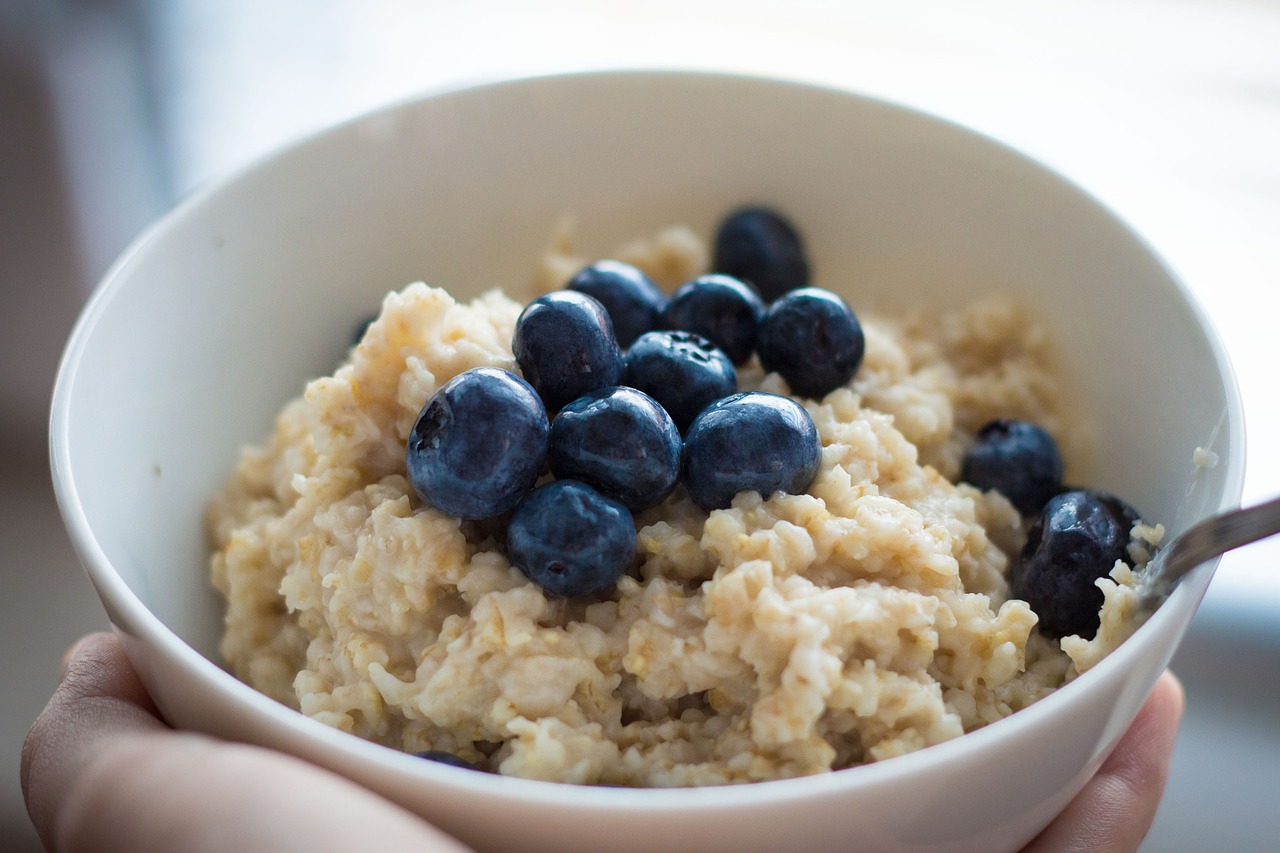
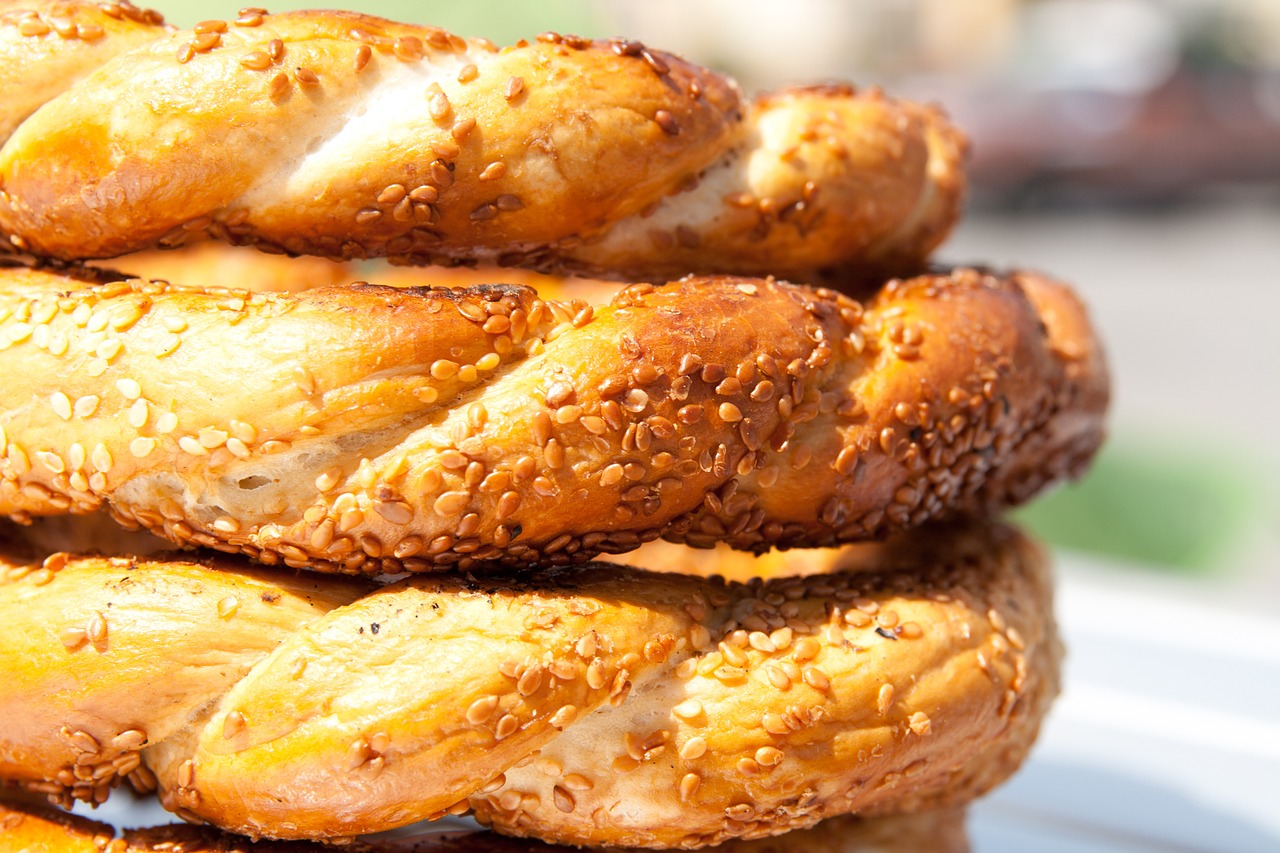
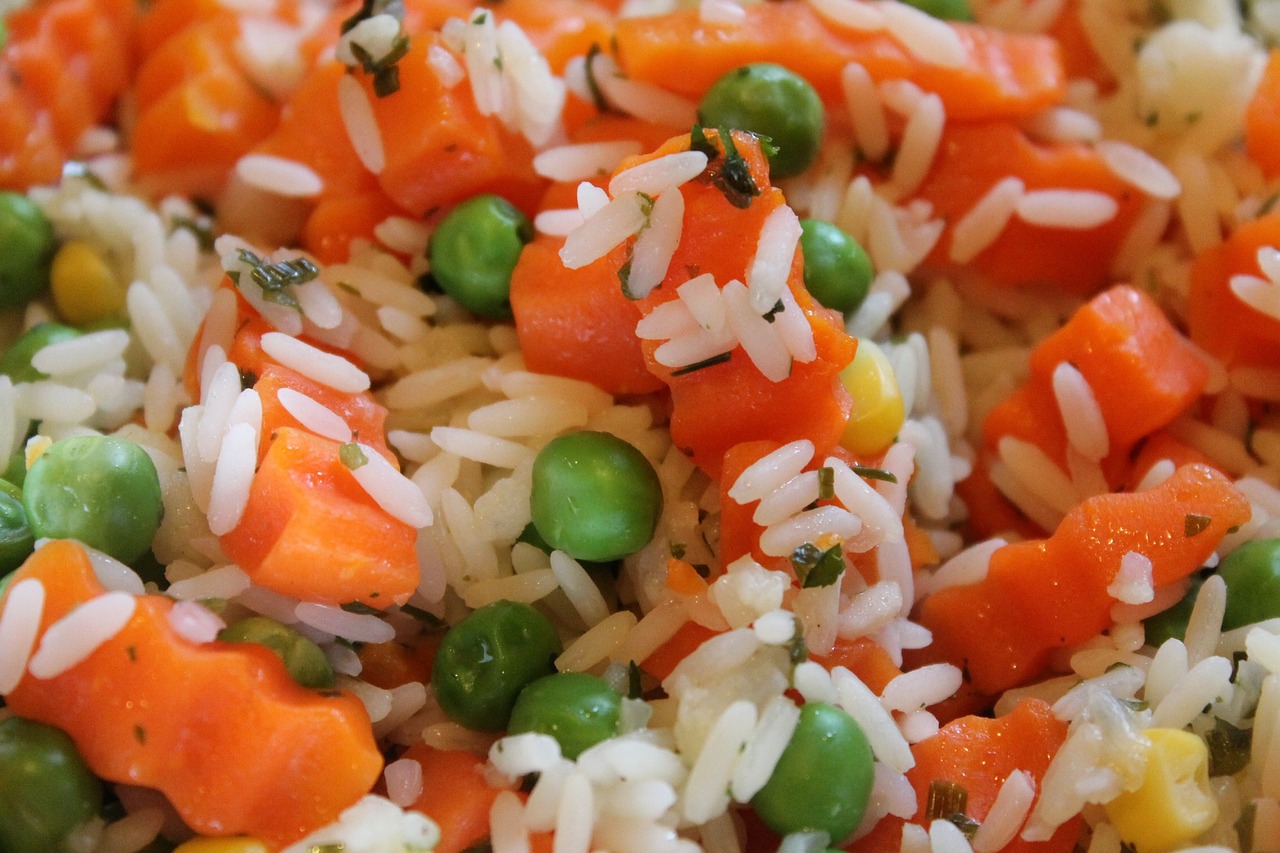
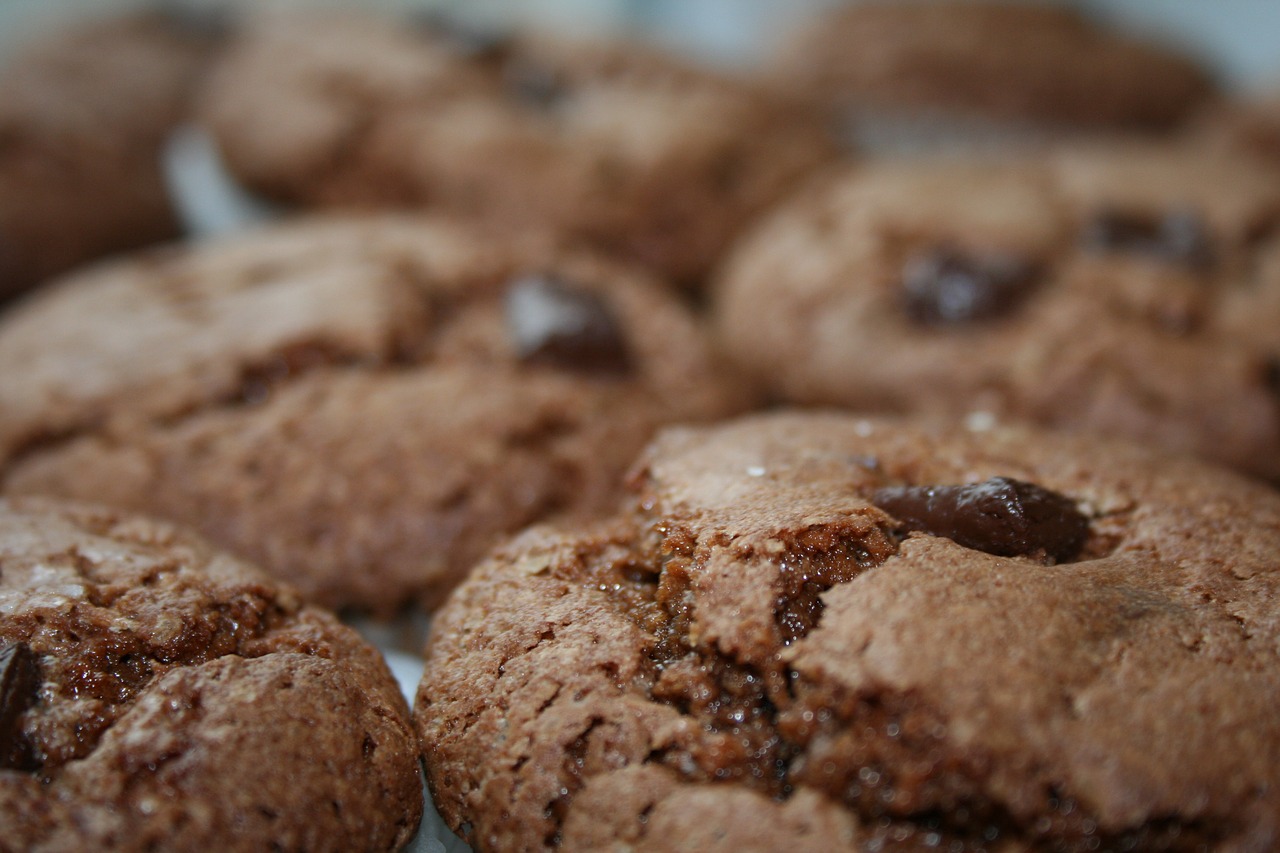
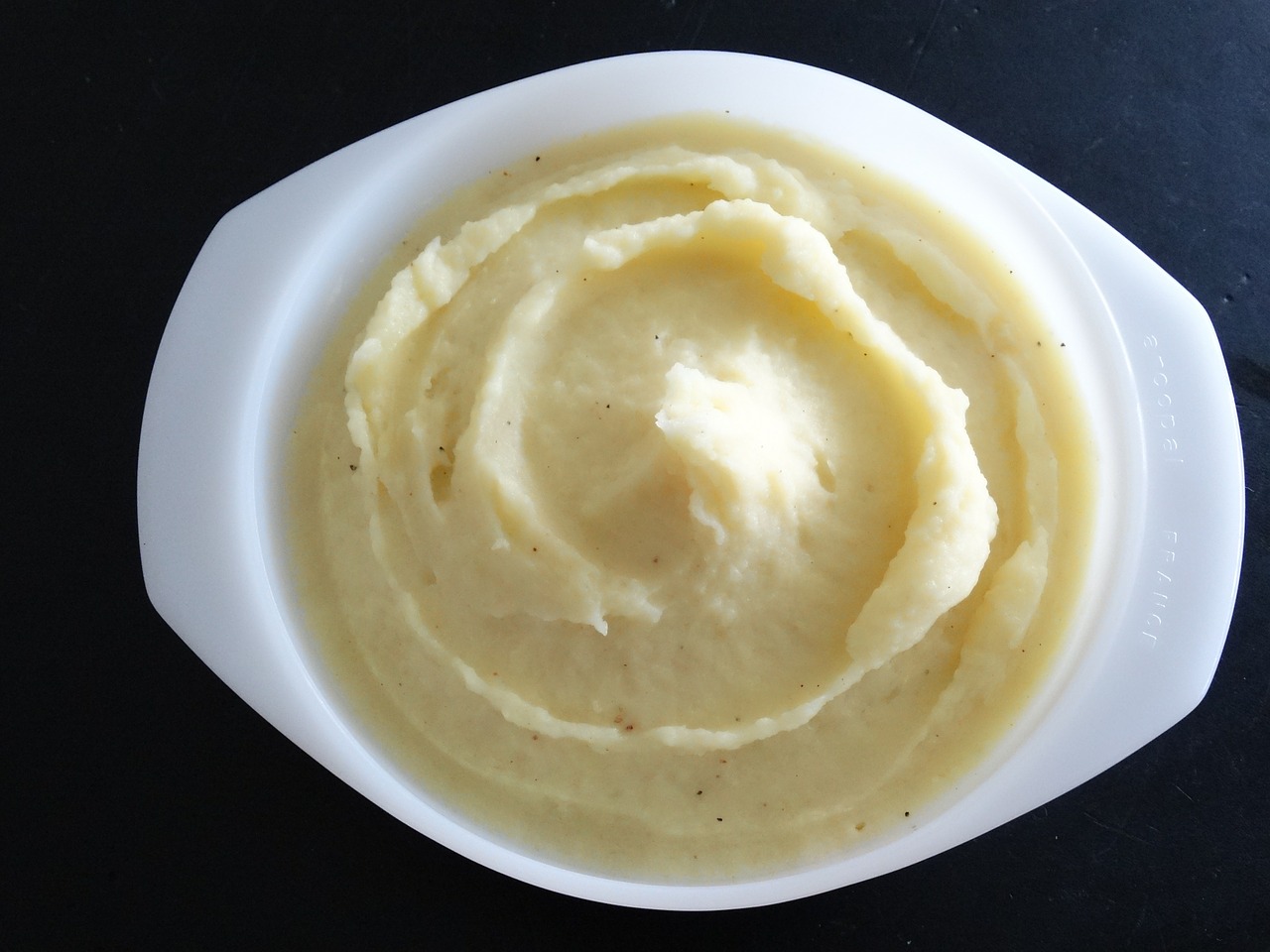

3 Comments